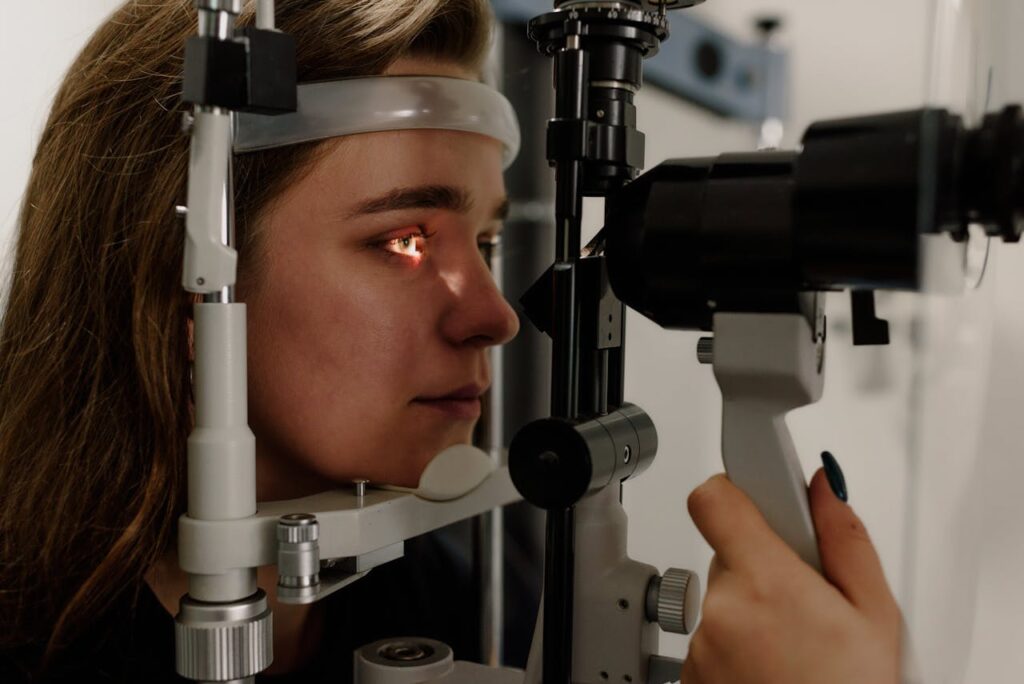A Summary of “Interleukin-6 Deficiency Attenuates Retinal Ganglion Cell Axonopathy and Glaucoma-Related Vision Loss”
In a 2017 study published in Frontiers in Neuroscience, researchers Echevarria, Formichella, and Sappington delved into the impact of interleukin-6 (IL-6) deficiency on retinal ganglion cell axonopathy and glaucoma-related vision loss. Their research sheds light on the potential benefits of adjusting IL-6 signaling in glaucoma treatment.
Methodology
Using a murine model of bilateral microbead-induced glaucoma, the researchers explored how IL-6 deficiency affected retinal ganglion cell survival, axon transport, and vision loss. The study uncovered that IL-6 deficiency helped alleviate glaucoma-induced visual impairments and optic nerve damage, although it did not improve axon transport or reduce microglia reactivity.
Results
These results indicate that IL-6 may have a specific role in the progression of RGC axonopathy, transitioning from functional deficits to structural degeneration. The researchers highlighted the importance of unraveling the mechanisms underlying this protective effect, as it could pave the way for innovative therapeutic approaches to combat glaucoma and safeguard vision.
The study shed light on the intricate relationship between IL-6 and the survival of retinal ganglion cells (RGCs). It turns out that this cytokine has a dual nature, with both protective and degenerative properties. The researchers believe that the balance between these effects may depend on various factors within the retina, such as the responses of glial cells, levels of oxidative stress, and other elements of the microenvironment.
Furthermore, the authors delved into the potential implications of their findings for individuals with glaucoma. They emphasized the need for further research to explore the feasibility of targeting IL-6 signaling as a therapeutic strategy. This could involve interventions like pharmacological treatments or gene therapy approaches.
Conclusion
To sum it up, the study offers valuable insights into the role of IL-6 in vision loss associated with glaucoma. The research demonstrates that a deficiency in IL-6 can actually protect against RGC axonopathy and visual function deficits. This suggests that manipulating IL-6 signaling could be a promising approach to treating glaucoma and preserving vision. However, further research is necessary to explore the feasibility of this approach in human patients and to gain a deeper understanding of the mechanisms underlying the protective effects of IL-6 deficiency on RGCs.

